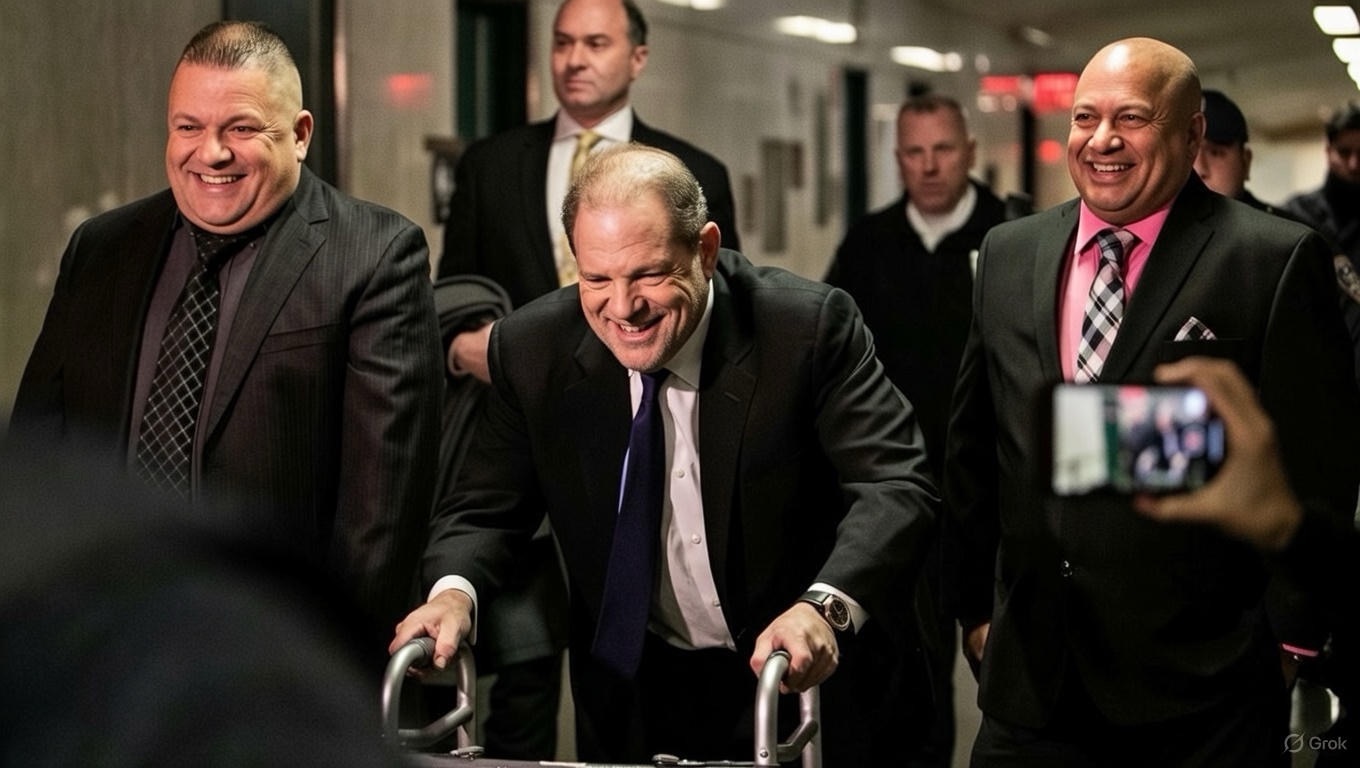LOS ANGELES — In a striking turn of events, a recent federal indictment unveiled a high-stakes poker operation entangled with NBA figures, raising concerns about the ethical boundaries in gambling and the celebrity culture around it. Rich players were allegedly lured into participating, only to be cheated out of their money, drawing parallels with iconic Hollywood narratives.
Hollywood has a long-standing relationship with poker, famously illustrated in cinematic narratives like 'Ocean’s Eleven' and 'Molly’s Game', where the thrill of gambling blends seamlessly with celebrity status. The 2004 episode of 'The Sopranos' featured a mix of celebrities and mobsters, echoing the real-life poker scene that sparked the recent indictment.
Poker and Cinema: A Cultural Nexus
Films like 'Ocean’s Eleven' that showcase high-stakes gambling have perpetuated a glamorous image of poker, allowing it to transcend mere gameplay into a representation of risk, reward, and moral ambiguity. George Clooney joked about the strange parallels drawn between his movies and real-life heists, noting how his cinematic endeavors inadvertently set the stage for societal expectations during such scandals.
The appeal of poker in both Hollywood and real life often revolves around the presence of celebrities, which adds a layer of intrigue for new players, sometimes termed as “fish.” The dynamics within poker games often echo illicit behaviors and clever cons depicted in film narratives, as illustrated by Molly Bloom’s experiences in 'Molly’s Game'.
Not only does the filming of events like 'Molly’s Game' draw a clear line connecting power players and cheating schemes, but it also poses critical questions about the legality of such high-stakes games. Bloom's game hosted Hollywood elite, much like the recently indicted poker ring’s “face cards” did for their ventures.
A Historical Echo of Scandals
This incident reflects a legacy of high-stakes poker scandals, reminiscent of the early 20th-century ‘Black Sox’ baseball scandal. Clooney highlighted the historical context surrounding gambling, indicating that hardly a moment in history is devoid of such tales. The intersection of fame and risk continues to fuel narratives across cultures, community, and generations.
As we analyze the legal and ethical implications of poker games, particularly those incorporating elements of celebrity, it invites a deeper conversation about the allure of gambling on human principles and integrity. The notoriety of figures tied to these recent scandals serves to remind us of the continuous dance between fame and fortune.




















